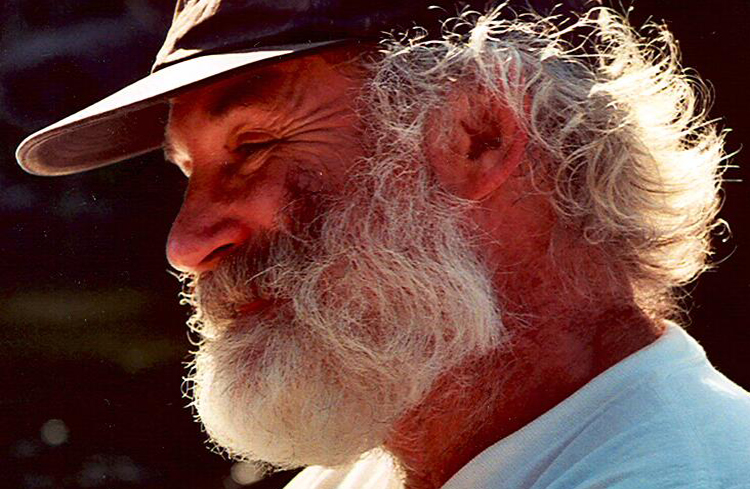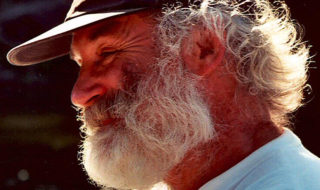UC Berkeley geneticist Michael Freeling has been awarded the McClintock Prize for Plant Genetics and Genome Studies for his fundamental contributions to the understanding of gene and genome biology in plants.
The prize, which recognizes scientific accomplishment over the course of a career, is awarded annually by the Maize Genetics Executive Committee, a professional organization for scientists and researchers working in the field of maize genetics. It is named in honor of Barbara McClintock, a distinguished geneticist and winner of the 1983 Nobel Prize in Physiology or Medicine.
“The MGEC is excited to award the McClintock prize to Professor Freeling,” said Shawn Kaeppler, chair of the committee and a professor of agronomy at the University of Wisconsin-Madison. “He has been a leader in the maize genetics community throughout his career. His groundbreaking research on conserved non-coding sequences found in genomes across species, and fundamental work on gene content following genome duplication, has provided important insights into genome evolution and gene function. These discoveries are important in utilizing genome information to discover new biological mechanisms and to develop applied solutions important to the agricultural enterprise. His work on genome evolution and sequence conservation across species exemplifies the basic discoveries that we seek to recognize with the McClintock award.”
Freeling is a professor in the Department of Plant and Microbial Biology in the College of Natural Resources at Berkeley. He will receive this prize and deliver a scientific presentation at the Annual Maize Genetics Conference, March 9-12, 2017, in St. Louis, Missouri.
“I have the highest respect for the past recipients of this prize, and just having my name on the same page as McClintock’s is an honor,” Freeling said.
Freeling earned his Ph.D. in 1973 at Indiana University and immediately became a professor at Berkeley. In addition to teaching graduate and postdoctoral students, he taught “Genetics for Poets” to large classes for decades. He has mentored 25 doctoral students and 42 postdoctoral scholars. Freeling was also named a Guggenheim Fellow in 1980, and was elected to the U.S. National Academy of Sciences in 1994.
Freeling’s early work focused on gene regulation, anaerobic genes and transposons, but his research focus eventually pivoted to developmental genetics. By 2003 he had switched his efforts to plant comparative genomics and understanding evolutionary trends.
Learn more about the research at the Freeling Lab website.

